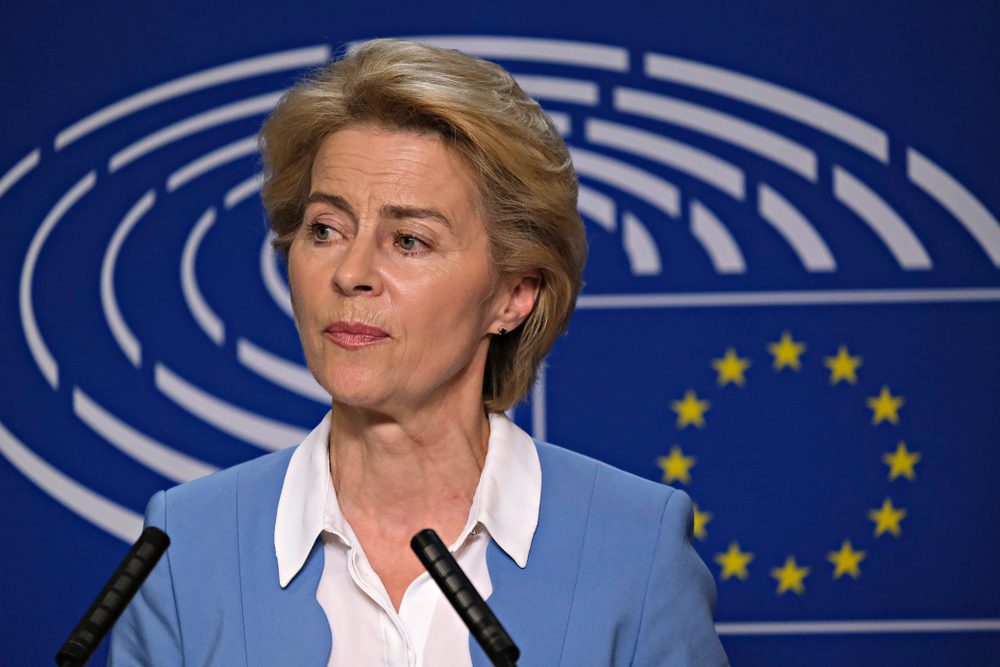
Ethical reflection has never interfered with the EU’s relationship with Azerbaijan since energy negotiations began between the two countries last February. Even as trade deals were signed, the Azeri president’s intentions to “destroy the traces of Armenian heritage,” as Lauzun reported in the European Conservative, had been well known among members of the European Parliament. Indeed, French politicians—in fact, 60 of them—signed their names this past July to a statement denouncing the agreement, for reasons the least of which tethered the EU’s energy needs to a dictatorial regime with “little respect for international conventions and human rights.” Their objections were of no consequence.
Recent events hold no surprises then.
Last week we reported on Germany’s conspicuous silence toward Azerbaijan’s attack on Armenia and speculated whether the European gas deal was the source of its reluctance to condemn the aggressor. Our speculations seem to have been correct. Tichys Einblick, the only outlet to contact the European Commission over whether it still considered Azerbaijan a “trustworthy energy supplier”—given the recent aggression against Armenia—received a response.
With kind permission of Tichys, we hereby share the official answer given by the European Commission:
Following the escalation of hostilities between Azerbaijan and Armenia on September 12th-13th, the EU actively engaged both countries to promote de-escalation and dialogue. The president of the European Council Michel and High Representative Borrell have been in contact with both Azerbaijani and Armenian interlocutors, and EU Special Representative Klaar has been in touch with interlocutors on the ground.
We welcome the announcement that both sides have agreed on a ceasefire, which we have also worked towards and contributed to. The EU will continue to work with both countries to advance the process of normalization between them in the interest of peace and stability. The EU’s relations with Azerbaijan are based on the Partnership Cooperation Agreement and Partnership Priorities, and Azerbaijan remains an important energy partner for the EU.
In our dialogue with the Azerbaijani authorities, we stress the importance of respecting international commitments, including the UN Charter, the Helsinki Final Act, and the Charter of Paris.
Rather than condemning the attack on Armenia, the EU thus underlined once more the status of Azerbaijan as “an important energy partner.” Despite claims by the EU of having contributed to the ceasefire, it was mostly thanks to the efforts of the United States Secretary of State Antony Blinken that both sides adhered to the agreement.
Apart from the research by Tichys Einblick, a commentary by the Armenian journalist Anna Aridzanjan, and a few articles in French news, most of western media has remained remarkably quiet on the hypocrisy of the EU’s choice of energy partners.
As long as nobody holds the EU’s feet to the fire, this policy will continue to get a pass.
